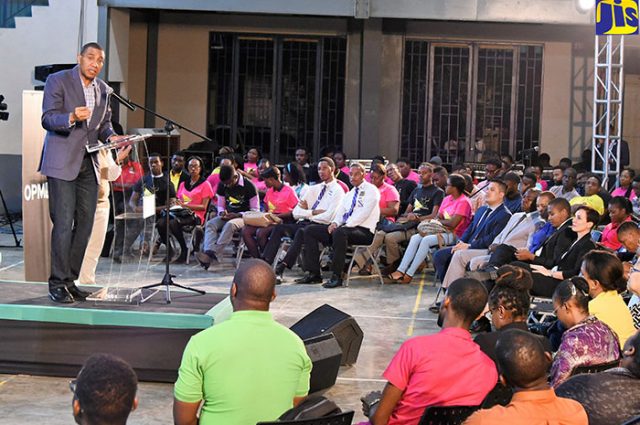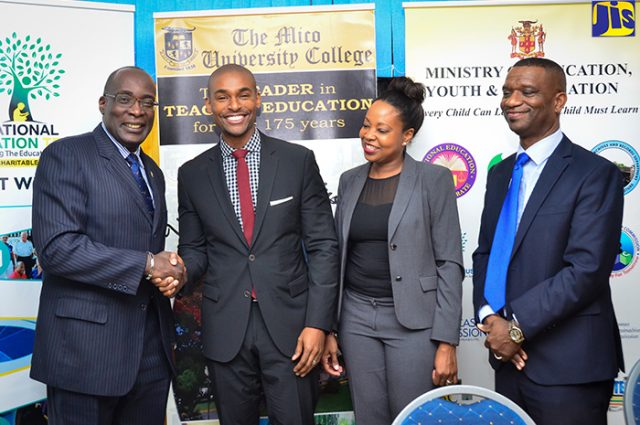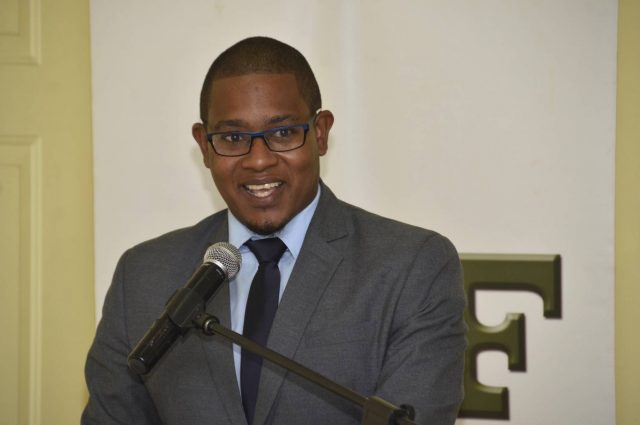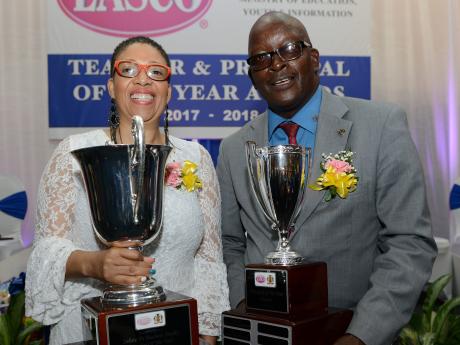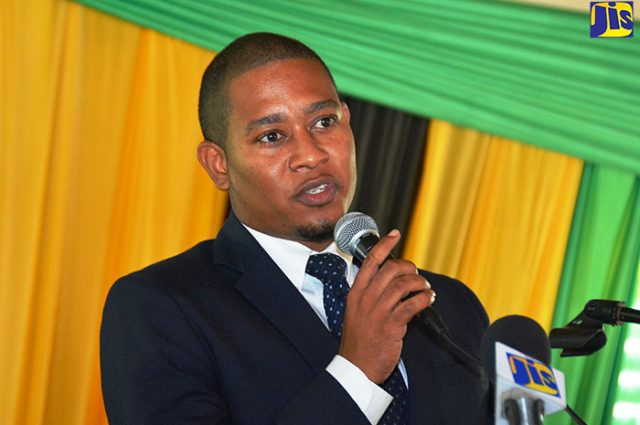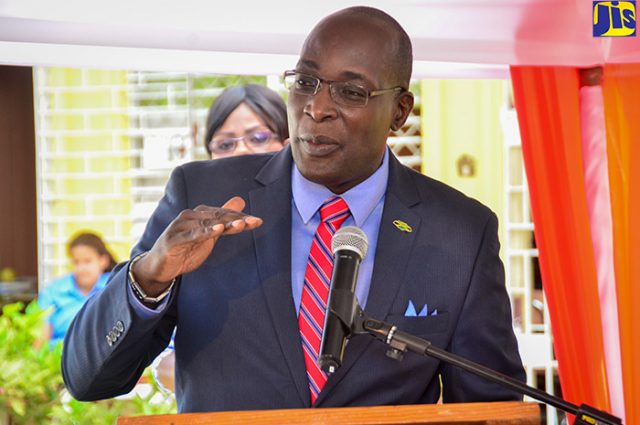JIS: Prime Minister, the Most Hon. Andrew Holness, says the Government is taking a strategic approach to ensure that jobseekers, particularly young people, are guided to areas where employment is either being generated or can potentially be created.
Noting that some 60,000 new jobs have been generated since the Administration took office in March, 2016, Mr. Holness said there is great potential for increased employment creation in Jamaica.
He cited the hospitality, construction, mining and quarrying and logistics sectors as areas with great prospects, while noting that the financial and services sectors, in particular, will continue to generate jobs.
The Prime Minister believes that once Jamaica starts to generate higher levels of economic growth, these and other sectors should be able to adequately absorb the number of persons pursuing tertiary- and skills-level training and certification.
He was speaking at an ‘OPM-Live’ mini town hall meeting organised by the Office of the Prime Minister at Jamaica College on November 29.
Mr. Holness said the engagement of job-seeking youth is being strategically done through the Hope, Opportunities, Production and Employment (HOPE) programme, in which nearly 2,000 young people, aged 19 to 24, not attending an educational institution, have enrolled and are undergoing apprenticeship and social skills training in State agencies.
“This experience that they are gaining is good for the workforce, because all of the skills that they are developing… can easily be translated into business/knowledge process operations or hospitality. So within a year, we should be able to turn out persons who have the skills to matriculate effectively into the world of work,” the Prime Minister said.
Additionally, Mr. Holness said youth are being trained by HEART Trust/NTA, which has merged with the Jamaican Foundation for Lifelong Learning, and National Youth Service to provide a significantly strengthened slate of programmes.
He encouraged tertiary students and persons pursuing skills training and certification to tailor their study choices, so that these are aligned with new areas of job growth.
The Prime Minister pointed to several categories of “critical national skills” which, he said, did not have adequate professionals serving them. These include land surveying, pharmacology and engineering.
“In fact, based on the growth that we are seeing emerging now in logistics, the real constraint is that we don’t have enough engineers. So, what we are doing (is providing incentives to) persons who want to go into engineering to encourage them to get into that field,” he said.
Mr. Holness acknowledged that despite a record 1,216,200 persons being employed, based on the Statistical Institute of Jamaica’s July 2017 Labour Force Survey, underemployment and unemployment, particularly among youth, remains high.
STATIN reports that youth unemployment for the 14 to 24 age category declined by 2.1 percentage points to 27.5 per cent.
Against this background, the Prime Minister said the the Government will work to ensure that “no youngster and none of their talent or potential is wasted”.
“We (endeavour to solve) that problem by providing opportunities for employment for our young people,” he said.
CAPTION: Prime Minister, the Most Hon. Andrew Holness (left), addresses a wide cross section of persons attending an ‘OPM-Live’ mini town hall meeting at Jamaica College in St. Andrew on November 29. The meeting was organised by the Office of the Prime Minister.


